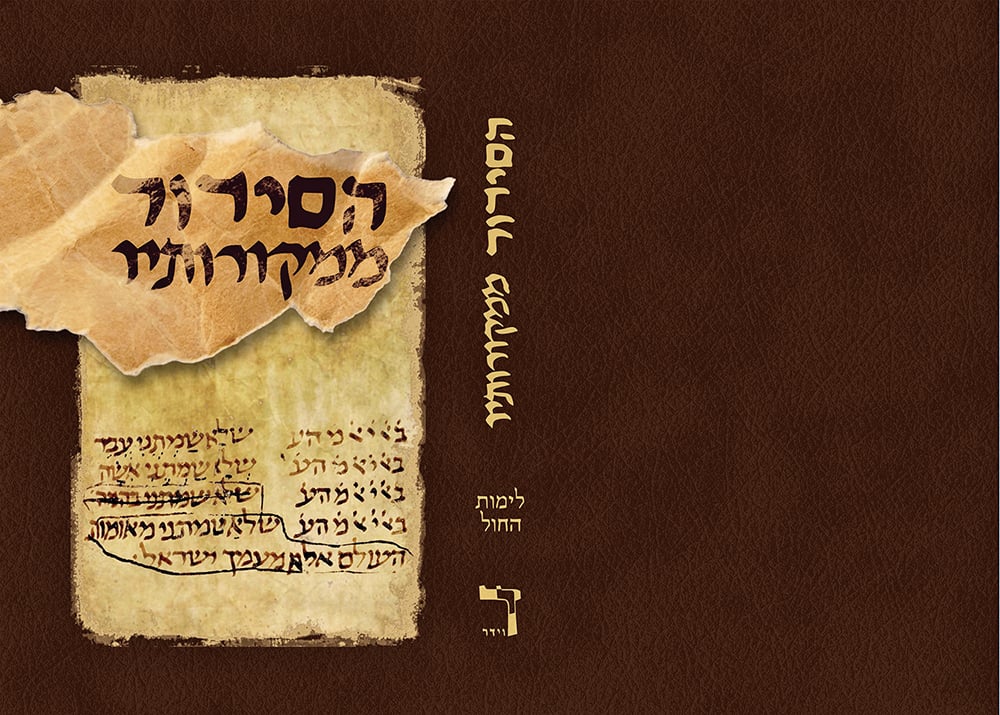I thank all of you who told me you liked my previous article or who emailed me with questions. I hope that I convinced you of the importance of having a separate Israeli will for your Israeli assets.
Some readers commented that they hold their assets in a revocable “living trust” and have a “pour-over will,” which transfers any assets still held in their name at the time of their passing into their trust. This is standard and recommended estate planning. As others have written, the main benefit of a living trust is the avoidance of the costly, lengthy and public nature of the probate process. In Israel, the probate process is quick and simple. Therefore, if your concern is avoiding probate there is no need for Israeli assets to be in a living trust or for you to have a pour-over will. It would be wiser to have a separate will for your Israeli real estate and for the real estate to pass directly to your heirs.
In addition, and more importantly, if a trust holds your Israeli real estate, you might be leaving your heirs a bureaucratic nightmare and a tax black hole.
The following is a simplified discussion of a complex and nuanced area of Israeli law. Nothing herein should be relied upon as legal advice.
The Land Registry and Trusts
When someone purchases, inherits or otherwise receives real estate in Israel, their ownership is recorded in the Land Registry (known as the “Tabu”). The entity will be recorded as the owner must have an ID number. Since trusts are not distinct legal entities in Israel and do not have their own ID numbers – the Tabu will not register property in the name of the trust. The property could be registered in the name of the trustee, using the trustee’s personal ID number (which is not ideal, for various reasons), or by setting up a “Trust Asset Holding Company” (which entails additional paperwork and reporting) to be the record owner of the property. Therefore, “pouring-over” your Israeli real estate into your living trust could create a bureaucratic headache for your heirs.
Taxation of Trusts
The other, and more important reason not to hold Israeli real estate in a trust is that the taxation of trusts holding real estate is complicated and expensive.
On the one hand, the Israeli Income Tax Ordinance (which covers taxation of ordinary and rental income) classifies several types of trusts, such as a Foreign Resident Beneficiary Trust, a Relative’s Trust, an Israeli Resident Beneficiary Trust, an Israeli Resident Trust and a Foreign Resident Trust. While the tax classification of a trust can change over time (if you move to Israel, if a child moves to Israel, etc.), and in certain situations the entirety of the trust’s assets (not just the property in Israel) could be subject to tax in Israel, the law is mostly clear about what taxes apply and when.
On the other hand, the Israeli Real Estate Taxation Law (which covers taxation of the purchase and sale of real estate) barely recognizes trusts and does not clearly state how real estate that is received, sold or transferred by a trust should be taxed. This has led to controversial court rulings and the law is not yet settled. Therefore, unless there are special reasons for needing to hold Israeli real estate in a trust, I strongly recommended not doing so.
In addition, individual heirs who are Israeli residents may benefit from certain reduced tax rates, depending on their specific situation (i.e. sole residential property), which would not be available if the real estate was owned by a trust or recorded in the name of the trustee.
Land Registry (the “Tabu”) – Even Without a Trust
As mentioned above, the entity being recorded as the owner in the Tabu must have an ID number. Individuals must submit a photo ID when recording their property. Israeli citizens use their Israeli ID cards. Non-Israelis use their passports. Social security numbers cannot be used, as Social Security cards do not have photos.
Since passports expire and we receive new passport numbers – many times I deal with situations where the passport on file at the Tabu is the passport that was used decades earlier when the real estate was purchased. The Tabu then requires the heirs to prove that the person who passed away is the same person as the original owner. This requires additional paperwork, affidavits and occasionally exhausting searches for copies of the original passports. I therefore recommend that you save all your passport copies – old and new, and update the Tabu with your new passport number when you receive a new passport.
In conclusion (of a watered-down analysis), to spare your heirs from unnecessary headaches, paperwork and extra taxation, avoid placing your Israeli real estate in a trust, keep copies of your passports and update the Tabu when you get a new passport.
Andrew Treitel, Adv. TEP, is an Israeli and New York lawyer based in Tel Aviv who is spending this year in New Jersey. He is available to discuss the issues raised in this article or any other Israeli-law related matter at [email protected].











